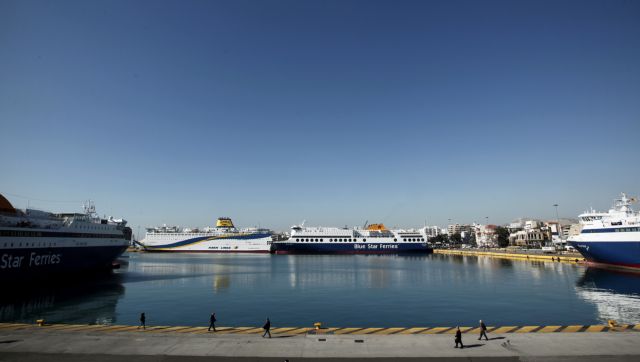
According to the president of the Shipping Passenger Business Association (SEEN), Spyros Paschalis, the coastal passenger traffic will move from 10% -20% lower compared to 2019. Speaking to NEA newspaper, he noted that in the first four months of 2022, the coastal passenger transport movement was reduced by about 20% compared to the corresponding period of 2019.
The outlook for the coming months does not show that it will reach the levels of 2019, as bookings for the third quarter of the year are even lower than those of 2019 for the same period. The work of the groups has almost been lost as a result of the two years of coronavirus, while important markets, such as the Chinese market, are still closed. In terms of cargo transportation it is moving at about the same levels as in 2019.
The big headache for coastal shipping, however, is not the reduced traffic, but the large increase in fuel costs that has forced companies to increase prices on ferry tickets.
“The cost of fuel during normal periods was 30-35% of the operating costs of ships on average. With the increases in fuel prices we are seeing, starting from the fourth quarter of 2021 and throughout 2022, we have reached a point today that is more than double the corresponding period last year, launching fuel costs to 60-70% of the operating costs of ships,” explained Mr. Paschalis.
“As you can see, it is impossible for private shipping companies to absorb this extra cost despite the mitigation efforts they have made by reducing speeds, reducing or merging certain routes and reducing other operating costs.”
The fare increase is for the President of SEEN “the last measure used to ensure the viability of the industry” and yet “in no case does it seem to be enough to cover the additional fuel costs faced by companies in our industry” but the increases can not be without limits, as “we do not want to hurt demand for our sensitive services.” In any case, “the increases in the selling prices of our services do not differ from the increases we see in the selling prices of goods and services in other sectors of the economy,” says Mr. Paschalis.
Mr. Paschalis also refutes the criticism that the shipping companies receive financial support from the state through the subsidies of the so-called “barren” lines. As he explains, “the subsidies for the execution of public service lines (barren lines) paid by the Greek taxpayer to ensure the ferry connection of small and remote islands with Mainland Greece and between them, exist because these connections do not have a satisfactory transport project (only 5% of the total) so that the ships can operate freely (without subsidies).” He also notes that “subsidies are barely enough to cover part of the ships’ operating costs”.
In addition, these funds are distributed to more than 50 vessels of various sizes, while at current fuel prices the operating costs of the vessels performing these connections have also increased sharply, without at the same time increasing the prices of tickets set by the state. Recently, SEEN sent a letter to the Ministry of Shipping and Island Policy, as revealed by Mr. Paschalis, requesting the increase of subsidies and the review of the relevant arrangements for the timely payment of subsidies in view of the public service tenders proclaimed for next year.
Finally, Mr. Paschalis pointed out that the difficult course of coastal shipping in the last two or three years has sucked valuable funds from the balance sheets of companies which are absolutely necessary to meet the two major challenges of the current decade, that of improving the energy of existing ships with the goal being to reduce greenhouse gas emissions and to start renewing the coastal fleet with new, more environmentally friendly vessels. The path to achieving these goals requires very high capital investment in existing ships but also for the construction of new ships. These funds, emphasized the president of SEEN, should be found with the contribution of all involved and interested parties in order to achieve a fair and sustainable transition to “green” coastal shipping.
Latest News

IMF: US Tariffs Shake Global Economy, Outlook Downbeat
IMF slashes global growth forecast to 2.8% as U.S. tariffs create uncertainty and ‘negative supply shock

First Step Towards New Audiovisual Industry Hub in Drama
The project is set to contribute to the further development of Greece’s film industry and establish Drama as an audiovisual hub in the region

Airbnb Greece – Initial CoS Ruling Deems Tax Circular Unlawful
The case reached the Council of State following annulment applications filed by the Panhellenic Federation of Property Owners (POMIDA)

Mitsotakis Unveils €1 Billion Plan for Housing, Pensioners, Public investments
Greek Prime Minister Kyriakos Mitsotakis has announced a new set of economic support measures, worth 1 billion euros, aiming to provide financial relief to citizens.

Alter Ego Ventures Invests in Pioneering Gaming Company ‘Couch Heroes’
Alter Ego Ventures' participation in the share capital of Couch Heroes marks yet another investment by the Alter Ego Media Group in innovative companies with a focus on technology.

Corruption Still Plagues Greece’s Driving Tests
While traffic accidents continue to claim lives on Greek roads daily, irregularities and under-the-table dealings in the training and testing of new drivers remain disturbingly widespread

Pope Francis Died of Stroke and Heart Failure Vatican Confirms
As news of the official cause of death spread, tributes poured in from across the globe. The 1.4 billion-member Catholic Church is united in grief, remembering a pope who championed inclusion, justice, and compassion

Increase in Both Museum Visits, Revenues for 2024
As expected, the Acropolis was the top archeological site in the country, followed by Sounion, Mycenae, the ancient theater of Epidaurus, and Vergina in northern Greece

Where Greece’s Tourists Come From: A Look at 2025’s Top Visitor Markets
The United Kingdom continues to hold the top spot as the largest source of incoming tourism, with 5.6 million seats booked for Greece this summer — up 2.2% from last year. This accounts for 20% of all international air traffic to Greece

Pope Francis: A Pontiff Who Reshaped the Papacy and Sparked a Global Conversation
His first words from the balcony of St. Peter’s Basilica—“Brothers and sisters, good evening”—set the tone for a pontificate that would challenge norms, favor mercy over dogma, and bring the papacy closer to the people.












![Πλημμύρες: Σημειώθηκαν σε επίπεδα ρεκόρ στην Ευρώπη το 2024 [γράφημα]](https://www.ot.gr/wp-content/uploads/2025/04/FLOOD_HUNGRY-90x90.jpg)



![Ξενοδοχεία: Μεγάλο το ενδιαφέρον για επενδύσεις στην Ελλάδα – Η θέση της Αθήνας [γραφήματα]](https://www.ot.gr/wp-content/uploads/2025/03/Athens-hotels-90x90.jpg)








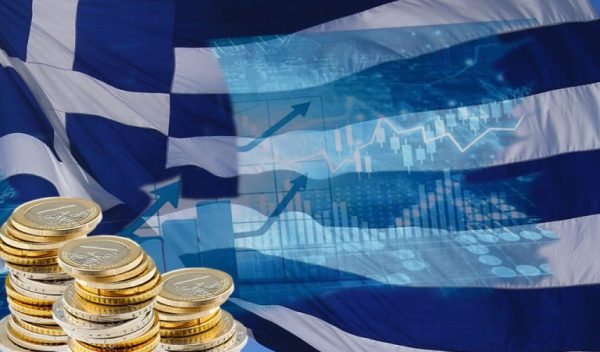


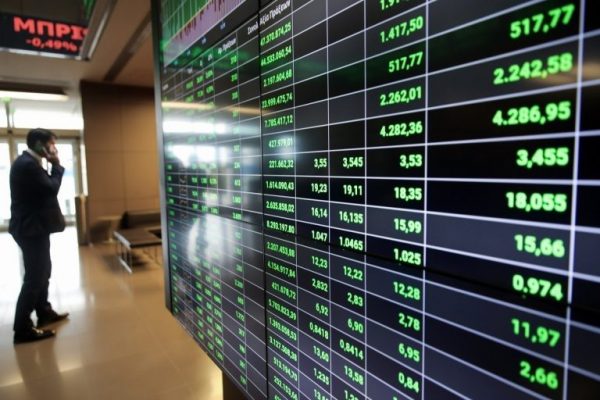

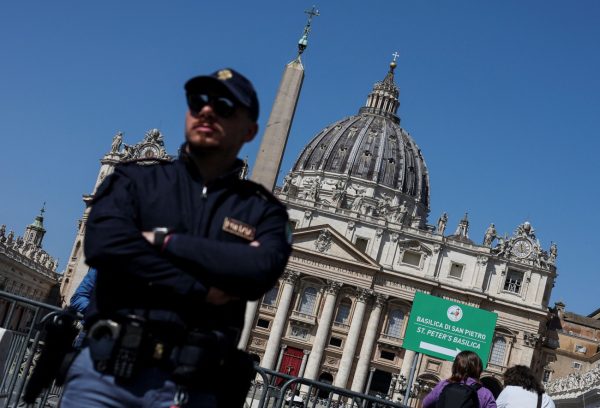




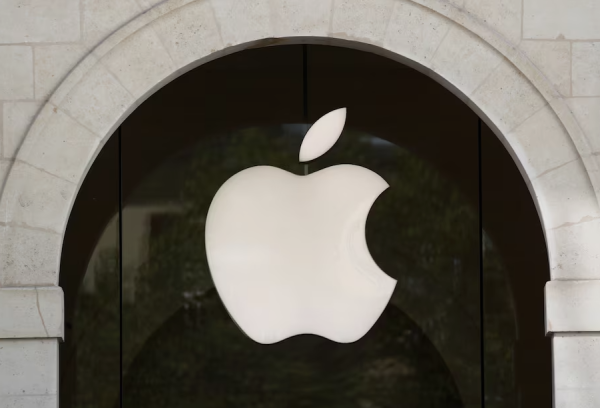
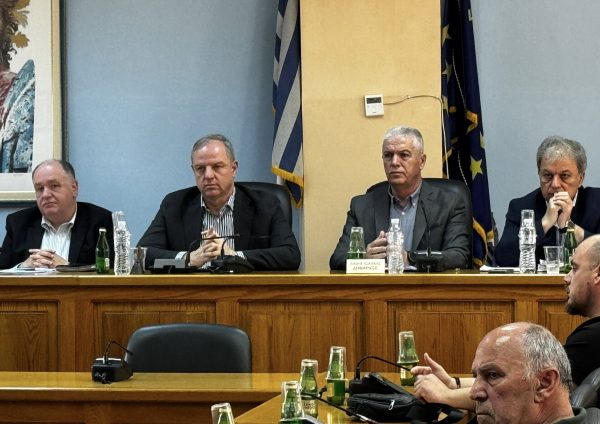




 Αριθμός Πιστοποίησης
Αριθμός Πιστοποίησης